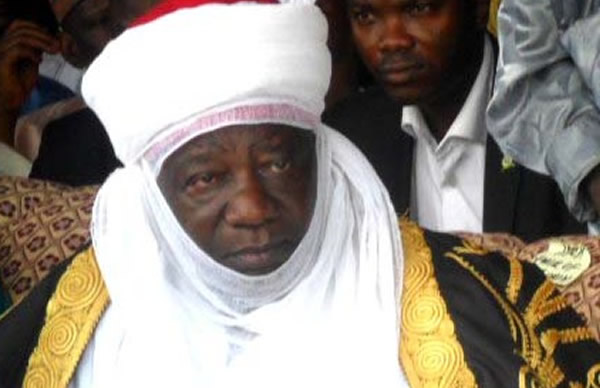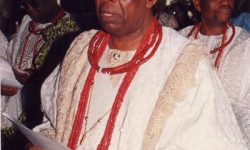The Yoruba people of Ilorin have a very unique and complex cultural and historical background. Geographically, Ilorin is located in the North-Central region of Nigeria, in today's Kwara State and it has deep root in Yorubaland. However, Ilorin's history is shaped by both Yoruba and Fulani influences due to historical conquests and alliances.
Ilorin, originally a Yoruba settlement, was influenced by the Oyo Empire, which was one of the most powerful Yoruba states as of the time. However, in the early 19th century, it became a part of the Fulani's Sokoto Caliphate after it's leader, Afonja, a Yoruba general who revoted against the Oyo Empire, was overthrown by Fulani forces. The Fulani leadership, combined with the existing Yoruba population, shaped a distinctive culture for Ilorin.
The people of Ilorin have a blend of both Yoruba and Hausa-Fulani traditions. While the Fulani ruling class played a significant role in the administration and spread of Islam, the Yoruba influence remains deeply embedded in the language, art, festivals, fashion and customs of the people.
While Ilorin, the mega city is a Yoruba city, with most activities carried out in Yoruba language, Hausa and Fulfulde are also spoken. Although, this reflects the city's multicultural setting, Yoruba is still the predominant language, and it’s heavily influenced by local dialects and intonations.
Owing to the Fulani leadership and the spread of Islam by the Sokoto Caliphate, the influence of Islam is very strong in Ilorin, hence a very large percentage of the population is Muslim, and the emirate system is a central part of the city's governance. However, traditional Yoruba religion and Christianity also exist in smaller pockets.
Yoruba cultural festivals like Egungun and other traditional practices like weddings and naming ceremonies are still celebrated, but highly influenced by Islamic practices. This blending of religious traditions creates a unique cultural landscape in Ilorin and its people. Lately, the Durbar Festival celebrated during the Islamic Ileya Festival has showcased the beautiful culture of this Yoruba people.
Ilorin people are traditionally ruled by an Emir, who is a descendant of the Fulani dynasty, but the Emir is still seen as a figure who represents both Fulani and Yoruba interests. In fact, it is common for most Ilorin people to have a Yoruba first name and Muslim or Fulani last names. Good examples are the current Emir of Ilorin, HRH Ibrahim Sulu-Gambari, who was the Presiding Justice of the Court of Appeal, Lagos, before his coronation as the 11th Emir of Ilorin and also, Dr. Bukola Saraki, the 13th president of the Nigerian Senate. This reflects the blended nature of Ilorin’s identity, where both Yoruba and Fulani coexist, sometimes harmoniously and sometimes with tension.
Like many other Yoruba people, the Ilorin people have a rich history of trade and crafts. They are known for producing high quality traditional Yoruba textiles (Aso Oke and Adire), pottery, and metalwork. There central location, also makes Ilorin, a major hub for trade between the northern and southern parts of Nigeria.
What do you like about Ilorin's culture?
Photo credits: punchng.com









